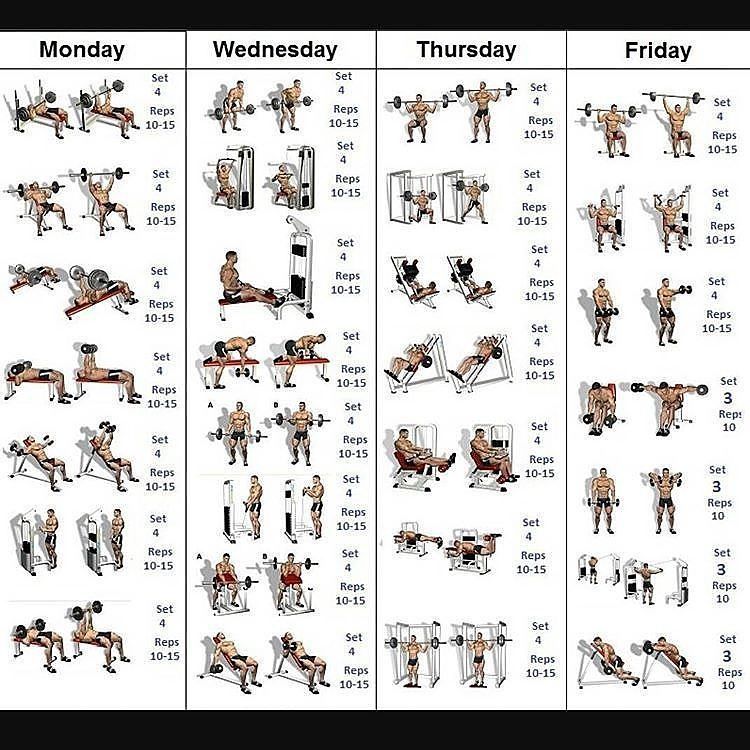
Rice that contains certain kinds of carbohydrates can make you fat. These include refined and processed foods. These foods are more likely to cause weight gain and belly fat. While you shouldn't avoid rice completely, brown or wild rice are healthier alternatives. These grains are also easy to digest and are a good source of complex carbohydrates.
Brown rice is more nutritious than white rice
Brown rice has many nutrients that white rice does not have. It is an excellent source of iron, fiber and zinc. It has less phytic acid which can block the absorption vitamins and minerals. Brown rice has a higher nutritional value.
Wild rice is richer in protein
Although wild rice appears to be rice, it is actually the seed of a semiaquatic herb native to North America. It has been used for centuries and was a staple in indigenous tribes. It is high in protein and contains 166 calories per cup. It also contains 3 grams dietary fiber. It may be a good option for people who are trying to lose weight.

Cooked rice is easy to digest
Rice can be reduced in calories by adding vegetables to it. Rice is a good source of fiber and low calorie additions. Using coconut oil can drastically change the composition of rice. Coconut oil can be added before, during, or after cooking to reduce calories by up to 50%.
It is rich in complex carbohydrates and is good for you.
Complex carbohydrates can be found within almost all plant foods. Although they are less digestible than simple sugars, they still provide sufficient energy to carry out our daily activities. The liver stores excess carbohydrates in muscle cells and the liver converts the rest into fat. You may feel fatigued, have muscle cramps, or poor mental function if you don't eat enough carbohydrates.
It is a good source for fiber
American diets are known to have 16 grams fiber. A cup of brown sugar has almost four. Eating brown rice regularly can help you lose weight. A study showed that brown rice eaters lost more weight than white rice-eating people. In addition, they experienced lower blood pressure. Brown rice has fiber that is beneficial to the digestive system. It can also help regulate blood sugar levels. It is also known to reduce visceralfat, which is the most harmful type of fat and builds up around vital body organs.
It's a great source of antioxidants
The antioxidants found in rice help protect cells against oxidative strain, which can be linked to chronic conditions, such as diabetes, heart disease and cancer. Anthocyanins are a group that contains powerful antioxidant, anti-inflammatory and anticancer properties. Studies show that people who consume more of anthocyanins have a lower chance of developing heart disease.

It is a great source of minerals
Rice is rich in vitamins, minerals and fiber. Its nutrient content is high, making it an excellent choice for dieters. It is important to choose a good type of rice. White rice contains high levels phytic acid which prevents the body's ability to absorb certain nutrients. You could also opt for brown rice, which has more fiber and other nutrients. Both varieties are rich in essential vitamins and minerals that can help to prevent diseases such as diabetes, heart disease, obesity, and other conditions.
FAQ
How long does it take to lose weight?
It takes time and effort to lose weight. It takes about six months to lose 10% of your weight.
It is important to realize that weight loss should not be expected overnight. Your body needs time to adjust to new dietary changes.
This means that your diet should be gradually changed over many days or weeks.
Also, you should stop taking fad diets because most of them don't work. Instead, you should focus on changing your daily routine.
If you are a regular shopper of unhealthy snacks, it is a good idea to stop.
You should eat healthier meals in the morning. This will ensure that you don't snack late at night.
Drinking water throughout the day is also important. Water helps to keep your body hydrated and prevents dehydration. Dehydration causes you to feel fatigued and slow.
A lot of water throughout the day is a great way to stay energized.
Doing things that are relaxing can help you reduce stress. For instance, you could spend some quality time with loved ones.
You could also read books or watch movies, or listen to music.
These activities will help you unwind from stressful situations. They can also help improve your moods and self-esteem.
It is essential to think about your health before you lose weight.
Your physical fitness is an indicator of overall health. If you are looking to improve your physical fitness, it is important that you eat well and do regular exercise.
Is intermittent fasting affecting my sleep quality?
Yes, intermittent fasting does affect your sleep. If you skip meals, your hunger hormones will increase. You might wake up every night as a result.
Experts advise skipping breakfast. Instead, experts recommend eating light snacks before bed.
If you're still hungry after this snack you can have a small meal right before going to sleep.
However, you should not overeat. Otherwise, you'll end up gaining weight instead of losing it.
What length of Intermittent Fasting should I be doing to lose weight?
The answer may not be as straightforward as you think. A number of factors need to be considered when determining how many days of fasting are needed for optimal fat loss. These are:
-
Your age. You may find intermittent fasting too difficult if you're younger (under 40) because you have less time between fasts. You may not have enough energy for a sustained period of daily fasting if you are older (over 60).
-
Your current body composition. If you already have a lot of muscle mass, you'll likely benefit most from longer periods of fasting. You may find shorter fasting more beneficial if your muscle mass is low.
-
How physically active. If you exercise regularly, you may need to extend your fasting window to ensure that you still get adequate rest between workouts.
-
Your health history. Patients with certain medical conditions, such as heart disease, diabetes, or cancer, may need additional fasting monitoring.
-
How do stress and anxiety affect you? Stress can cause us to eat more. This problem can be avoided by increasing the length of your fasting periods.
-
The type of diet you follow. Certain diets, like ketogenic diets, may require even longer fasting periods.
-
Your sleep quality. Also, a lack of sleep has been linked with increased appetites and decreased metabolism. It may take some trial and error before you find the right combination.
-
The amount you eat of protein. Protein helps stabilize blood sugar levels, which means that eating more protein could potentially lead to lower insulin levels. This will allow you to fast longer.
-
Whether you're trying to gain or lose weight, people who are trying to gain weight usually require longer fasting periods than those who are trying to lose weight.
-
How many calories do you consume in your fasting windows? You may lose more weight if you eat fewer calories each day than if you eat more.
-
Your overall fitness level. The metabolic rate of fast people who are fit is higher, which means they burn more calories each day.
-
Your gender. Men are more hungry than women so they may have to fast for longer periods. Women tend to have smaller appetites so they might only need to fast for 20-30 minutes each morning.
-
Your lifestyle. Are you someone who does a lot of exercise? Do you exercise multiple times a week or do you just go to the gym? Do you have a job that requires you to sit at a desk all the time? All of these things can affect the amount of time you should fast.
-
What amount do you spend on food each month? You don't have to spend much on groceries to eat healthy food. It's possible to save money by purchasing whole grains rather than white bread, fruit instead of candy bars, lean meats instead fatty cuts, and fruits instead of candy.
-
How important it is for you to control your hunger. Fasting may not be necessary if you don't want skip meals.
Statistics
- It's estimated that half of all American adults attempt to lose weight every year (1Trusted (healthline.com)
- Another study found that 24 weeks of weight training led to a 9% increase in metabolic rate among men, which equated to burning approximately 140 more calories per day. (healthline.com)
- A 12-week study in 20 women with obesity found that walking for 50–70 minutes 3 times per week reduced body fat and waist circumference by an average of 1.5% and 1.1 inches (2.8 cm), respectively (healthline.com)
- One 6-month study showed that simply doing 11 minutes of strength-based exercises 3 times per week resulted in a 7.4% increase in metabolic rate, on average. (healthline.com)
External Links
How To
How to exercise for weight loss
The best way to lose weight is through exercise. Many people are not aware of how to properly exercise. Cardio exercises should include running, biking, swimming, walking, etc. and strength training exercises like lifting weights, pulling-ups or pushing ups, squats and lunges. Combining both of these exercises will help you lose weight the most. If you want to start exercising, then try to find some friends who are willing to join you in your journey. You can either go to the gym or walk around your local area. It doesn't matter what activity you choose; just make sure you do it consistently. It is easy to lose track of your workouts when you first begin. Don't despair if things don't go as planned. Keep at it!